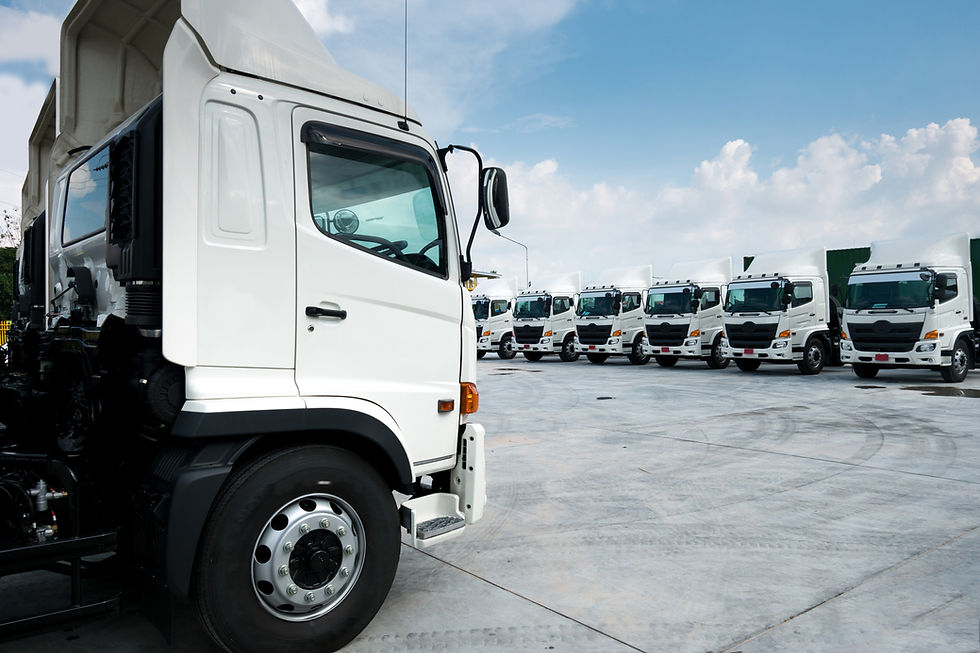Opportunities for German companies after Brexit
- lynnemartin28
- May 9, 2023
- 2 min read
Updated: Sep 9, 2025

After dominating the news since 2016, Brexit finally came to a conclusion, after a last –minute deal between the EU and Boris Johnson, at the end of 2020. Unsurprisingly, the chaos that followed at the borders at the beginning of the New Year and the ongoing pandemic affecting the economy left German companies feeling a bit wary when looking across the channel..
German companies were well prepared for a no deal, meaning now with a deal they were not too badly affected. Still though, according to a study published by the Federal Ministry of Economics and Energy 05/01/2021, German trade with the UK has declined over the past years in favour of trying to find trading opportunities with China and the USA.
According to an article in the German newspaper Handelsblatt dated 03/03/2021 German exports to the UK have plummeted 15.5% to 66.9 billion Euros in 2020, mainly because of the pandemic. Difficulties with goods transports and repercussion on the pan-European supply chains are still expected to last until at least mid-2021 according to Joachim Lang, chief executive of the Federation of German Industries (BDI), as reported to the German Press Agency.

Other challenges, apart from the interrupted supply chains, include new customs border checks, which cause more bureaucracy as well as costs, taxes, social security, and visas. Especially with the new visa system in place German companies now need a sponsor licence to employ workers if they want them to work in UK which will include navigating a complex immigration system
However, there remains many opportunities for German companies after Brexit as Great Britain can serve as a cooperation partner for German companies to gain market access through British companies in third countries such as Africa and India.

The off shore wind energy sector, which is the biggest in the world, still promises to be attractive for investors with the British government investing £95 bn as they hope to have off shore wind energy reaching every home in the UK within the next 10 years. Increased market investment by Lidl and Aldi to expand their shop network in Great Britain has caused a surge in the food and beverage investment sector in the past five years.
Furthermore, the UK construction market, in spite of the pandemic, is hoping to recover with Rishi Sunak’s commitment to £26.5 billion investment in English Roads and £7.1bn Home Building Fund investment in the north of England.
Brexit might have left German companies with certain reservations towards Great Britain. However, the relationship between both countries could prosper again, not at least as a fast vaccine roll out, which is due to Britain’s prior commitment to become a leader in the biotec sector after Brexit through the government’s industrial strategy and established networks, has left Germany looking at Britain with envy and admiration.
In spite of a current re-adjusting phase, German companies will begin to put their trust again in planning to expand and gain access to the UK market, not only to join in the recovering construction market, but also explore other investment opportunities.




Comments